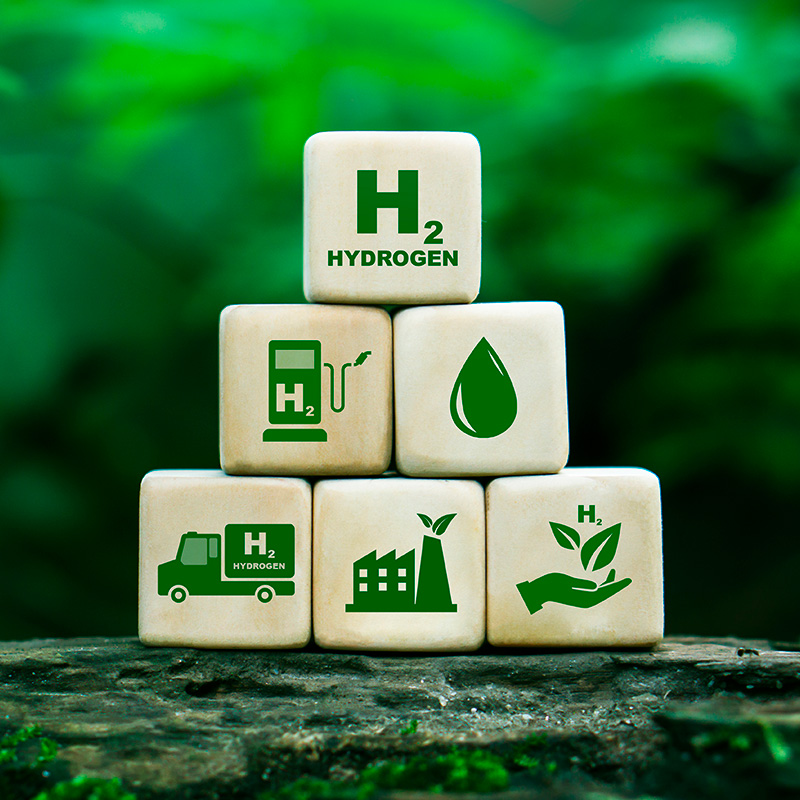What is the bioeconomy?

The bioeconomy refers to an economic system that revolves around the sustainable use of biological resources to produce a wide range of goods and services. It emphasises the transition from fossil fuels and non-renewable resources to renewable biological resources for the development of various sectors. The bioeconomy encompasses the entire value chain, from research and development to production, distribution, and consumption. It promotes innovations that utilise biological systems and processes to create more environmentally friendly products, reduce waste, and minimise carbon emissions. By fostering the integration of science, technology, and industry, the bioeconomy aims to drive economic growth while simultaneously addressing environmental challenges and promoting sustainability.
Incorporating principles of circular economy and sustainable development, the bioeconomy emphasises the efficient use of resources, waste reduction, and the creation of bio-based products that can replace or complement traditional petroleum-based products. This transition has the potential to diversify economies, enhance rural development, and contribute to a more resilient and greener future. However, it also poses challenges related to ethical considerations, land use competition, and the need to balance economic interests with conservation efforts. The bioeconomy represents a holistic approach to reimagining economic systems in harmony with nature and underscores the importance of harnessing the power of biological resources to meet the needs of current and future generations.

